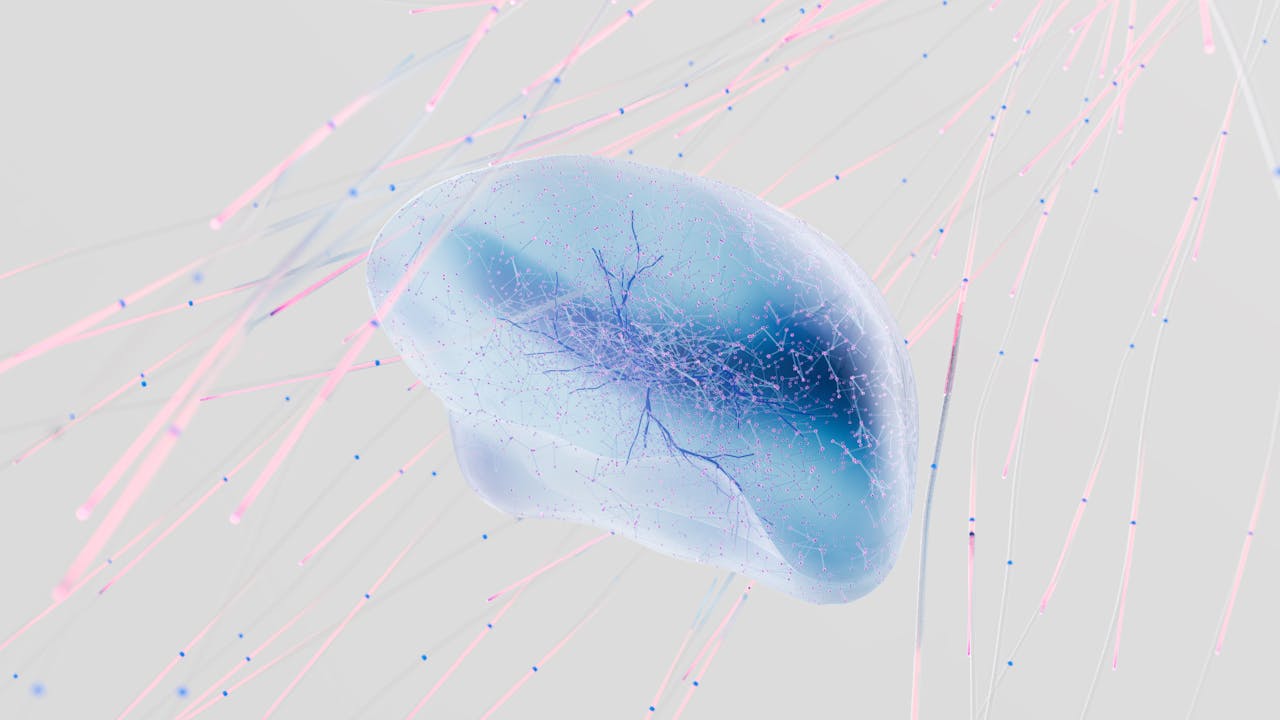Mental Health
Could Tans Help Fight Racism? Study Finds "Owning" Darker Skin Improves Racial Bias
Could getting a tan help people become less prejudice?
Using the Rubber Hand Illusion, a test where participants look at a fake hand being touched while an experimenter touches the participant's own hidden hand, scientists from Royal Holloway University found that that "owning" darker skin can help improve racial bias.
Researchers explain that the combination of seeing the touch on the fake hand and feeling the touch on your hand creates an illusion that the rubber hand is now part of your body and has replaced your own hand.
For the latest study, published Tuesday in the journal Cognition, researchers took the Rubber Hand Illusion one step further by testing whether people can experience a hand of different skin color and whether this would change racial biases.
The study involved only white participants. Scientists first tested participants' implicit attitudes towards people with dark skin. Afterwards they used a dark-skinned rubber hand to make them feel as if the fake hand was their own hand. Then researchers tested participants' racial attitudes again after the experiment.
Researchers found that the Rubber Hand Illusion significantly improved racial bias. What's more, the study revealed that the more intense the participants' illusion of owning the dark-skinned rubber hand, the more positive their racial attitudes became.
"This study has important implications for changing and reducing negative racial attitudes," lead investigator Lara Maister from the Department of Psychology at Royal Holloway said in a news release. "It comes down to a perceived similarity between white and dark skin. The illusion creates an overlap, which in turn helps to reduce negative attitudes because participants see less difference between themselves and those with dark skin."
"Often formed at an early age, negative racial attitudes are thought to remain relatively stable throughout adulthood," Maister explained. "Our results show that we can positively alter them by understanding how the brain is processing sensory information from our bodies and that of others," she explained.
Researchers now want to see if the effect can be replicated with different social groups, and whether it can be applied outside the laboratory setting.









Join the Conversation